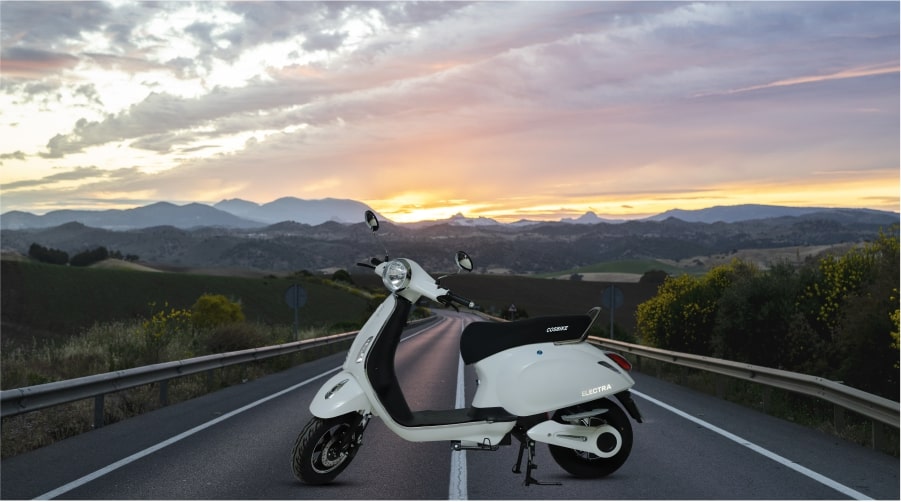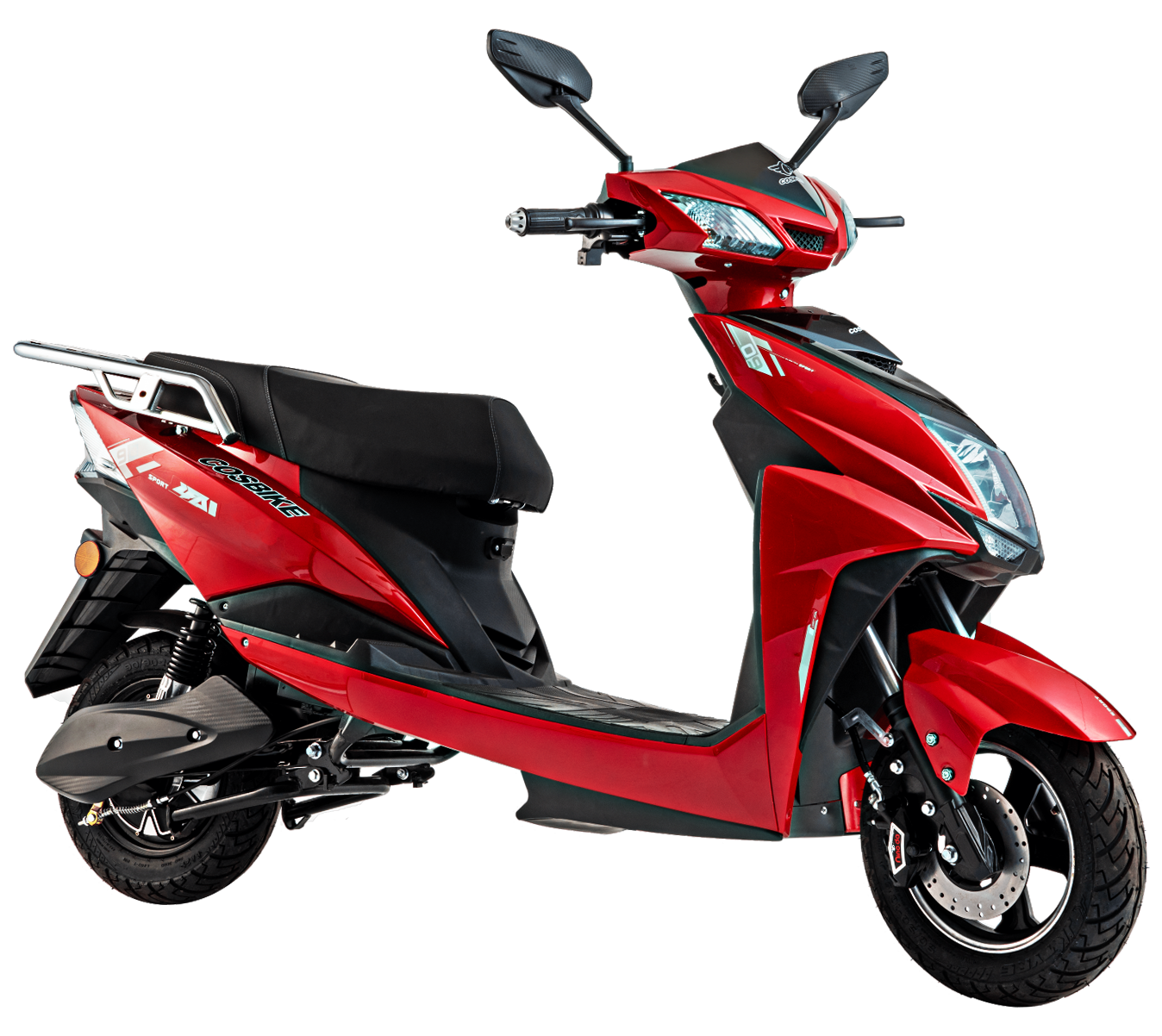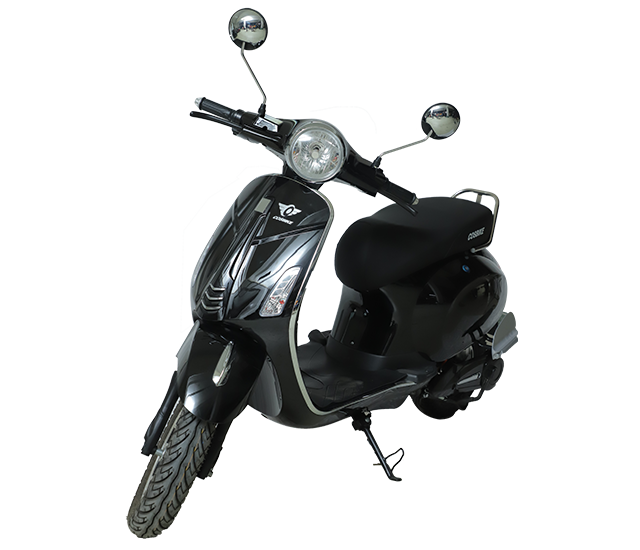India has the greatest untapped EV economy in the country, particularly in the two-wheeler segment. The adoption of electric cars has expanded dramatically in recent years, thanks to numerous manufacturers' quick rollout of these cars. The auto sector is set to start a new period of expansion, development, and capital as commercial activities pick up and the Indian economy picks up in 2022.
Nevertheless, several obstacles stand in the way of EV development. While the Indian government is actively supporting EV use, lack of basic amenities, a dearth of high-performance EVs, and expensive startup costs are preventing broad acceptance.
How do electric vehicles fare in India?
With 63 percent of shoppers assuming that such an EV is out of their means, infrastructure costs always have been a big factor in EV purchasing decisions. Our nation's lack of suitable recharging stations is a major impediment to further EV adoption. Fast chargers are harder to achieve than conventional petrol stations, due to high capital investment and tough infrastructure projects.
This allows people to charge where they ordinarily reserve, at work or at home, which provides its own myriad of problems, such as attempting to deal with multi-tenant dwellings, grid-connection management, and charging connector allocation. There is expected to be a metal scarcity, and ramping up lithium manufacturing would be difficult, resulting in a material deficit that could force companies to employ lower-quality necessary inputs, lowering the voltage profile.
There are a number of potential marketplace factors that limit the EV industry's capacity to meet expanding needs, including an inadequate battery tech that continues to obstruct wider adoption in the two-wheeler segment of customers. In the upcoming decades, the lack of a viable assembly line for the materials involved with the EV transition, combined with the specialisation of the production process in select places, is expected to bring these challenges even more to light.
The problem with raw materials.
Because India is significantly reliant on China for lithium distribution networks, the government passed a host of policies in accordance with the 'Make in India' program to incentivize enterprises to create somewhere and create an organised legislative framework. Recent policies, such as the rechargeable batteries replacing strategy, intended to encourage a shift toward eco-friendly power production and devolution of the power production, are likely to result in a well-established EV infrastructure all across the nation, as well as the satisfaction of customers in driving electric vehicles on Indian roads. The battery switching approach for generating electricity has avoided the shortage of battery storage, but a combination of both systems is probable in the future.
Unfortunately, India lacks the technology and infrastructure to produce semiconductors or Lithium-Ion Batteries; it will be a difficult road forward unless we have the fundamental systems in place, with increasing currency pricing and an uncertain trade environment due to increased conflict.
The problems with manufacturing.
The EV economy is primarily splintered, with individual shops making it difficult to establish a solid second-hand marketing network. Furthermore, car warranties, reliability, and durability vary greatly. Vehicles frequently lose their shape due to hard use or cell degradation. There is currently very little formal framework for the sale of old autos. International chip shortages exacerbate production problems and encourage commodity localization for automobile OEMs (Original Equipment Manufacturer).
Major OEMs, on the other hand, are taking steps to enter the EV part industry in an attempt to lessen dependency on importation and achieve the 50 percent localization requirement for state subsidies.
The way ahead.
A comprehensive network that is inexpensive, available, and supports all customer segments, along with a solid financing environment, governmental advantages, and technology breakthroughs, is anticipated to position the automotive market for major expansion over the next decades.
The Future of Electric Vehicles in India
By: Admin | 07 June 2022










